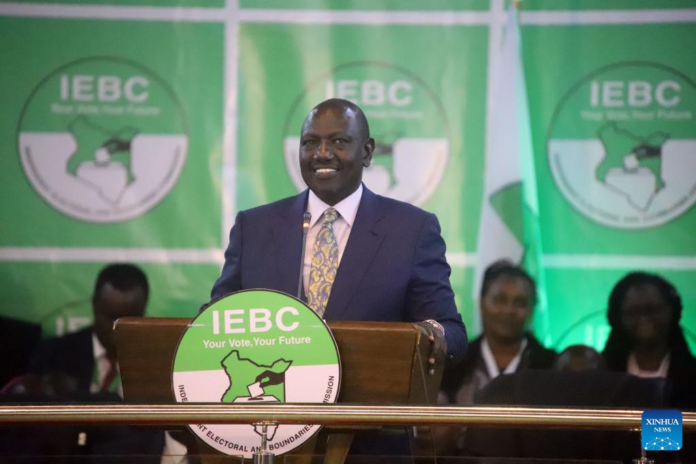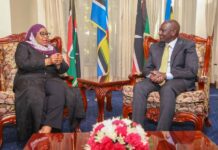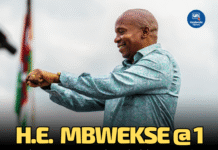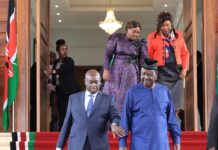The Independent Electoral and Boundaries Commission (IEBC) finds itself in a precarious constitutional crisis as the absence of commissioners threatens the timely review of constituency and ward boundaries—an exercise mandated to conclude by March 2024.
In a move to navigate these troubled waters, IEBC Chief Executive Officer Marjan Hussein Marjan has reached out to the Supreme Court, seeking clarity on whether the commission can legally continue with the delimitation process without the requisite commissioners. He also queried if the constitutionally mandated timelines can be extended despite their lapse.
In testimony before the National Assembly’s petition committee, Marjan disclosed that the Attorney General had expressed concerns against proceeding with the boundary review in the current leadership vacuum.
The commission has alerted the highest court in the land to potential legal pitfalls that could ensue if the exercise is not conducted timely. “We seek the Supreme Court’s guidance on whether the commission can undertake the delimitation process without commissioners, if the review can occur after timelines have lapsed, and whether the constitutional deadlines can be extended,” he stated firmly.
The IEBC has been in disarray since the departure of key figures, including Chairman Wafula Chebukati and fellow commissioners Boya Molu and Abdi Guliye, whose tenures ended earlier this year. The fallout extended to the removal of four others—Juliana Cherera, Francis Wanderi, Justus Nyang’aya, and Irene Masit—following their dissent regarding the outcome of the controversial 2022 presidential elections.
Marjan emphasized the urgency of completing the boundary review at least a year ahead of the 2027 general elections to facilitate proper electoral mapping and stability. “Without swift action, we risk not meeting the constitutionally defined timelines, putting the integrity of our electoral processes at stake,” he cautioned.
Constitutional Timeline
Article 89(2) of the Constitution stipulates that the IEBC must review names and boundaries of constituencies every 8 to 12 years, with the last such review conducted in March 2012. This legal framework is now threatened by the existing leadership void and ongoing court challenges that stifle the reconstitution of the electoral body.
Further complicating matters, the High Court has recently placed a hold on the IEBC selection committee’s process of nominating commissioners, thus delaying any appointments. This injunction arose from a legal challenge by Boniface Njogu, who argued that the nomination process infringed upon the inclusivity principles set forth in Articles 10 and 54(2) of the Constitution, particularly concerning representation for persons with disabilities in public bodies.
The Kiambu High Court has instructed Senate Clerk Jeremiah Nyegenye to refrain from forwarding, publishing, or gazetting nominations until a comprehensive judicial review occurs.
As the clock ticks, the IEBC’s struggles underline a significant test of Kenya’s constitutional integrity and electoral framework. With the fate of the upcoming elections hanging in the balance, all eyes are now on the Supreme Court for guidance that could determine the future of the electoral commission and the national political landscape of the country.



















